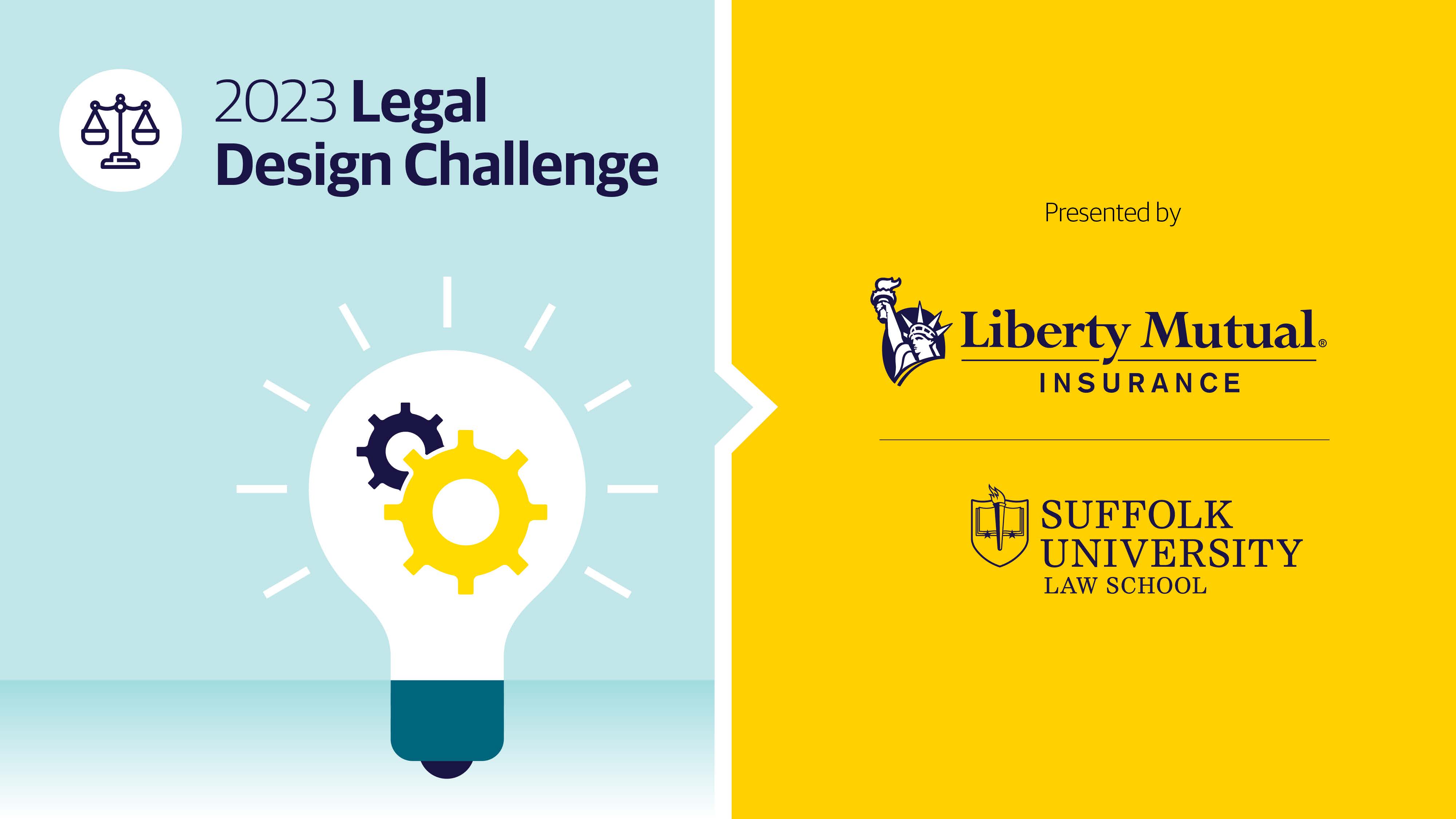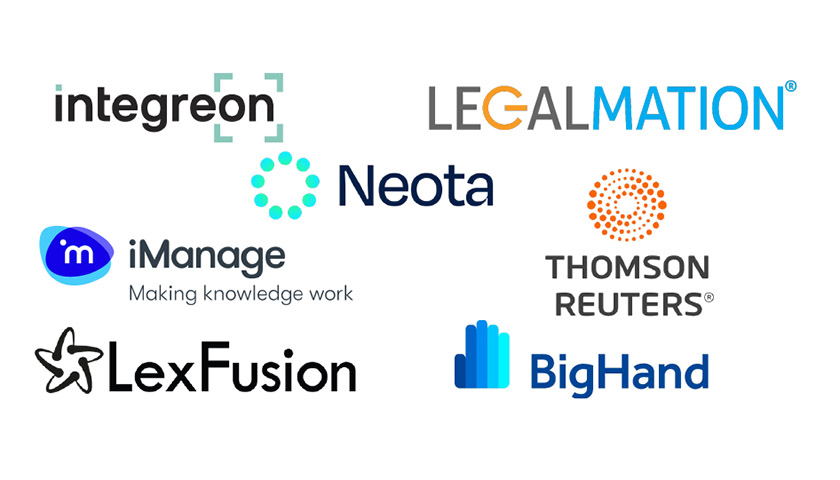AI Meets the Justice Gap at Design Challenge
Suffolk University Law School’s sixth annual Legal Design Challenge, presented by Liberty Mutual, virtually brought together teams from across the country to develop solutions to complex legal issues and compete for a $2,500 grand prize. This year, teams competed to find ways to use generative artificial intelligence (GAI) to bridge the access to justice gap.
"The Suffolk Law/Liberty Mutual legal department partnership is a valuable one," says Professor Dyane O'Leary, director of Suffolk Law's Legal Innovation & Technology Concentration. "It's been a pleasure to continue to lead this event and share the innovative energy from Liberty and Suffolk with forward-thinking, creative law students from other terrific legal technology law school programs."

An AI Tool to Help Refugees
Brigham Young University and University of Nevada Las Vegas’s combined team took home the trophy with their pitch for “Simple Asylum for Everyone,” or “S.A.F.E.” The idea was to use GAI to help pro-se litigants seeking asylum. “S.A.F.E.” provides virtual practice interviews using GAI and creates a chatbot to read immigration documents in the natural language of the user, providing feedback and answering questions in the process.
Northeastern University and Villanova University’s combined team came in second, pitching “Emancipate Me Now!” a concept to help minors in unsafe familial situations. Their AI-powered tool, “Emi,” generates personalized emancipation papers that a minor could file in court through a series of questions and provides legal education and a list of next steps for the user.
Michigan State University College of Law closed out the top three with “LeasesUnlocked.” The tool helps both tenants and landlords understand lease language. Users upload lease agreements while the website answers questions and provides information on both federal and state tenant laws. “We place a strong emphasis on inclusivity by offering translation and accommodation choices for underserved languages and individuals with disabilities, while also fostering collaborations with law schools through their clinics to provide law students with opportunities to learn about the ethical and responsible use of generative AI technology,” reads the team’s summary.
The top three teams earned awards of $2,500, $1,500, and $1,000 respectively.
Suffolk Law's team pitched “LegalEase,” a website using GAI to assist overwhelmed legal aid organizations. The website would provide intake data for lawyers advising clients on the most applicable legal aid sources.
This year’s judges were Pablo Arredondo, co-founder and chief innovation officer at Casetext; Alex Gavis, former senior vice president and deputy general counsel at Fidelity, now a special counsel for Eversheds Sutherland and an adjunct professor at Suffolk Law; Catherine Krow, founder of Digitory Legal, and Tyson Roy, JD ‘08, director of legal innovation and senior corporate counsel at Liberty Mutual.
In addition to Liberty Mutual, sponsors included Integreon, LEGALMATION, Neota, iManage, Thomson Reuters, LexFusion, and BigHand.




